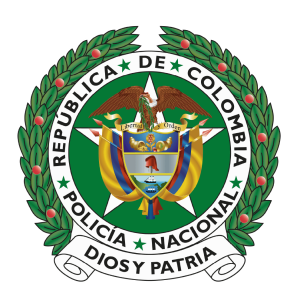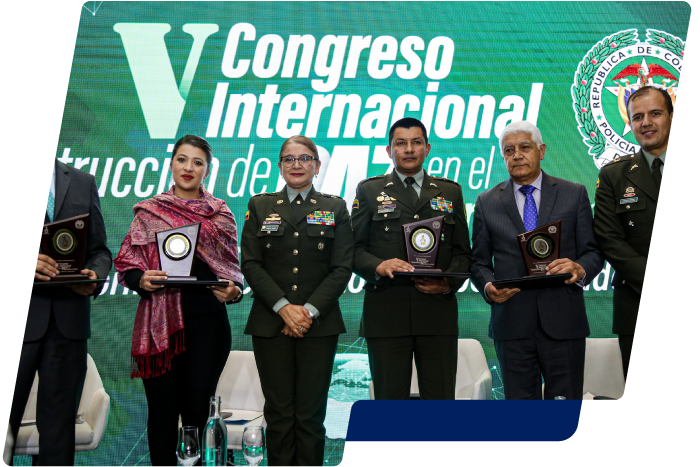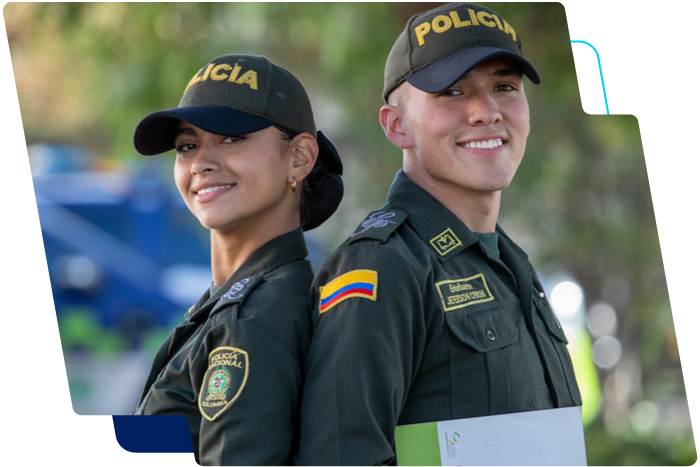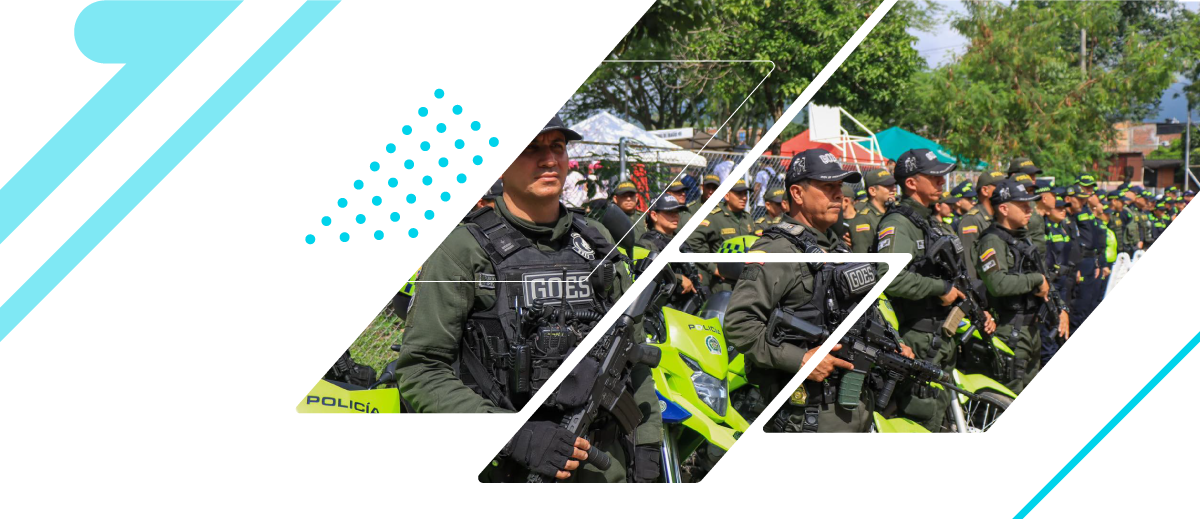
Level C1
English Course
Security and Hospitality: A Transformative Experience for Tourists in Colombia
During an international conference on security and tourism, Major Tejedor shared remarkable success stories that have strengthened tourist confidence in Colombia. One of the most compelling cases was that of a Canadian couple visiting Santa Marta. Initially uncertain about safety, they soon realized that El Rodadero beach offered a secure and welcoming environment.
They noticed the constant presence of tourist police officers, not only ensuring safety but also providing multilingual assistance. This interaction left them pleasantly surprised. "We had never expected such an organized security system in a Latin American beach town," one of them mentioned. By the end of their trip, their perception had completely changed. Instead of concerns, they left Colombia with admiration and gratitude.
Different Ways to Express Gratitude
Expressing gratitude can be done in many ways, depending on the level of formality and the situation. In a formal setting, such as a conference, we use formal and structured expressions, while in casual conversations, simpler sentences work best.
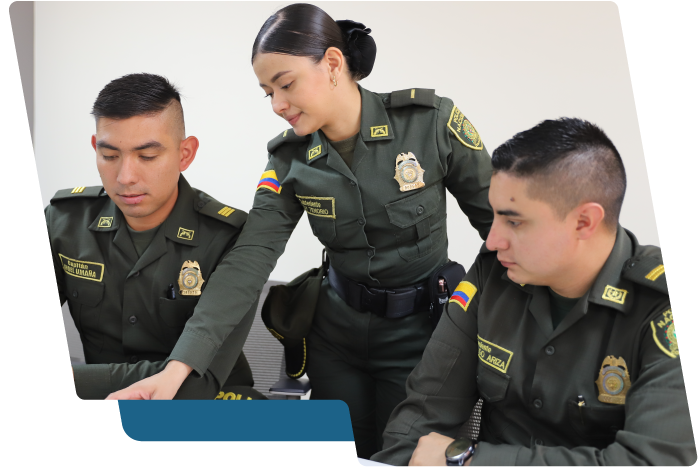
Click on each number to view the content.
Formal Gratitude
When addressing an audience or expressing deep appreciation in a formal context, we use sentences like:
- "I would like to express my sincere gratitude for your support."
- "We truly appreciate your assistance in making this event a success."
- "On behalf of our team, I would like to thank you for your dedication."
Major Tejedor, for instance, could have said:
- "I would like to express my sincere gratitude to the tourist police for their outstanding service."
Professional or Business Gratitude
In professional or business interactions, gratitude should be respectful yet warm:
- "Thank you for your time and effort in organizing this event."
- "I appreciate the valuable information you shared with us today."
- "Many thanks for your guidance and support throughout this project."
A tourist might say to a security officer:
- "I really appreciate the way you explained the safety measures to us. It was very helpful."
Everyday Gratitude
For day-to-day situations, we use simple and direct expressions:
- "Thanks a lot!"
- "I really appreciate it!"
- "Many thanks!"
For example, the Canadian tourists might have said:
- "Thanks a lot for your help! We felt very safe during our stay."
Expressing Deep Gratitude
When we feel truly grateful, we use stronger expressions:
- "I can’t thank you enough for everything you’ve done!"
- "I’m forever grateful for your kindness."
- "I sincerely appreciate your help."
The couple, upon leaving Colombia, could have said:
- "We can't thank you enough for making us feel so welcome and safe!"
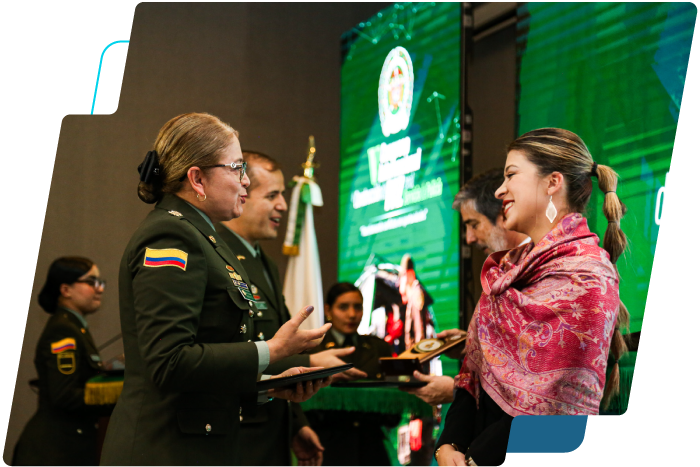
Expressing Gratitude Using Reported Speech
When recounting a past conversation, we use reported speech to convey what someone said. In our story, the Canadian tourists expressed gratitude to the police officers, and later, Major Tejedor shared their words at the conference. Let’s see how we report gratitude correctly.
Click on each icon to get more information.
Reporting Direct Gratitude Statements
When we report a direct gratitude statement, we change the verb tense accordingly:
- Direct speech: "We really appreciate your help."
- Reported speech: "They said that they really appreciated our help."
- Direct speech: "Thank you for making us feel safe."
- Reported speech: "They told the officers that they were grateful for making them feel safe."
At the conference, Major Tejedor could have reported their words like this:
"The tourists mentioned that they had never felt so safe on a trip before."
Transforming More Complex Gratitude Statements
For more detailed expressions, reported speech maintains the core meaning but adjusts the structure:
- Direct speech: "I can’t thank you enough for your kindness."
- Reported speech: She said that she couldn’t thank them enough for their kindness.
- Direct speech: "This was the best travel experience we've ever had!"
- Reported speech: They mentioned that it had been the best travel experience they had ever had.
In his speech, Major Tejedor might have said:
"They mentioned that they had never expected such an outstanding security system."
Reporting Gratitude in Formal Contexts
In professional contexts, gratitude is often expressed formally. When reporting these statements, we modify them appropriately:
- Direct speech: "On behalf of my team, I would like to thank you."
- Reported speech: He stated that, on behalf of his team, he would like to thank them.
- Direct speech: "We truly appreciate your support in organizing this event."
- Reported speech: They expressed that they truly appreciated their support in organizing the event.
At the conference, Major Tejedor might have concluded:
"The couple expressed that they had felt welcomed and reassured during their stay in Colombia."
The Role of Gratitude in Building Trust
Gratitude is more than just a social courtesy; it plays a key role in establishing trust and strengthening relationships. In tourism, expressing appreciation fosters a positive atmosphere between visitors and locals. When tourists feel welcomed and supported, their perception of a place improves. In the case of our story, the Canadian couple’s gratitude towards the police officers reinforced the idea that Colombia is a safe and friendly destination. The officers' assistance created a bond of trust, which the visitors later shared with others. This demonstrates how gratitude can contribute to a country's reputation and tourism industry.
Important Fact
Did you know that expressing gratitude can create long-term emotional connections? Studies show that when people feel appreciated, they are more likely to develop positive perceptions and share their experiences with others. In the context of tourism, a single act of kindness—such as offering safety information in a visitor’s language—can turn into a powerful testimonial that attracts more travelers. Major Tejedor’s speech at the conference was a perfect example of this effect. The Canadian couple’s words of appreciation did not just reflect their own experience; they helped shape the image of Colombia as a welcoming destination.
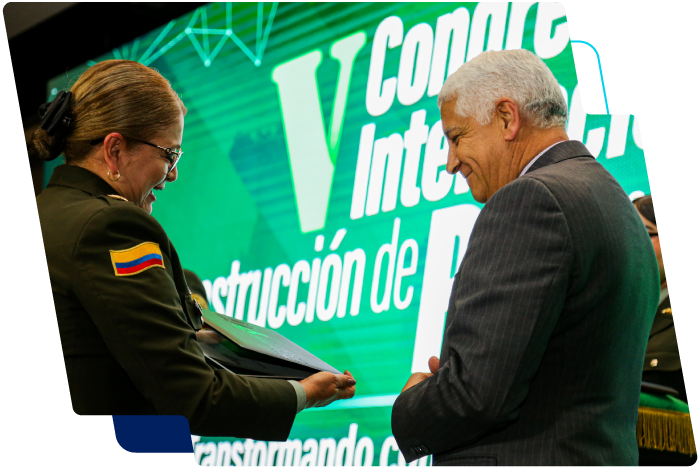
Practice – Reading & Listening
Click on each icon to explore detailed information about each topic.
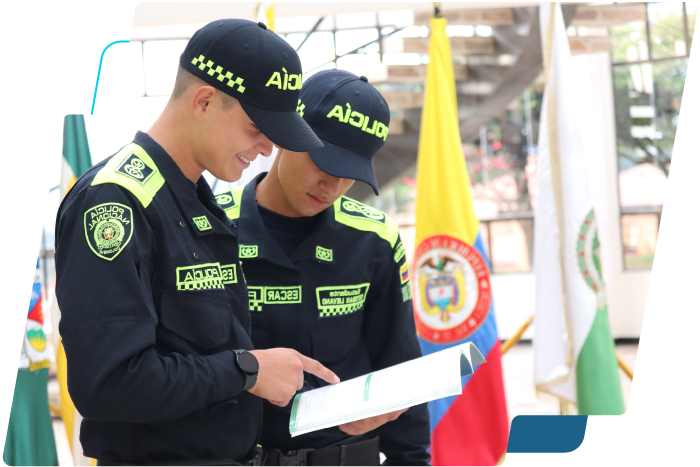
Reflection on the Practice Activities
The reading and listening exercises highlight how gratitude can influence perceptions and encourage positive testimonials. Expressing appreciation is not just about words; it also has the power to shape reputations, especially in tourism.
Reading Practice
The Power of Appreciation in Tourism
During the conference, Major Tejedor highlighted an important aspect of tourism: the emotional impact of gratitude. He shared the story of a Canadian couple who had visited Santa Marta and felt unexpectedly safe thanks to the efforts of the local police.
Upon returning to their home country, the couple wrote an article about their trip, stating that they had never experienced such a well-organized security system in a Latin American beach town. They emphasized how the officers had not only ensured their safety but had also provided valuable assistance in English.
Their words spread quickly, reaching travel forums and social media platforms. Other potential visitors, initially hesitant about traveling to Colombia, began to reconsider. Some even commented that the couple’s testimony had encouraged them to plan their own trip.
At the conference, Major Tejedor reflected on this phenomenon. He noted that gratitude has a ripple effect: when travelers feel appreciated and safe, they become ambassadors of a destination. Their positive words can transform perceptions and attract even more tourists.
Question:
How did the Canadian couple’s gratitude impact Colombia’s tourism image?
Listening Practice
Ask for and give information
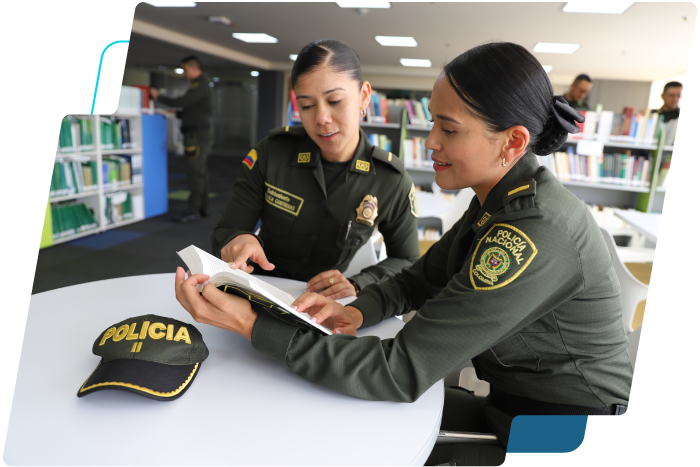
How to Ask and Give Information Politely
When travelers need information, the way they ask can influence the answer they receive. Likewise, providing information clearly and politely makes the interaction smoother and more helpful. Here are key strategies for both situations.
Click on each icon to view the content.
Asking for Information – Formal Situations
In professional or official contexts, such as interactions with police officers or hotel staff, formal language is preferred. Some examples include:
- "Could you please tell me where the nearest police station is?"
- "Would you be able to provide some information about the local safety measures?"
- "I was wondering if you could explain how to get to the tourist assistance center."
For instance, at El Rodadero, a tourist might have asked:
- "Excuse me, officer. Could you please tell me where I can find the nearest money exchange office?"
Asking for Information – Informal Situations
When speaking to locals or fellow travelers, a more relaxed approach works:
- "Hey, do you know where I can find a good seafood restaurant?"
- "Can you tell me how to get to the city’s downtown?"
- "Where’s the best place to watch the sunset around here?"
The Canadian tourists might have casually asked a local:
- "Hey, do you know a good place to rent bikes near the beach?"
Giving Information – Clear and Polite Responses
When answering questions, it's important to be clear and polite. A tourist officer might say:
- "Sure! The money exchange office is two blocks away, on your right."
- "Of course! The safety measures include patrolling officers and a 24-hour help desk."
- "Yes, you can find the tourist information center at the main square."
A police officer at El Rodadero might have responded:
- "Absolutely! If you need assistance, you can find the tourist help desk near the entrance of the beach."
Giving Information – Adding Extra Details
Sometimes, providing additional details makes the answer even more helpful:
- "If you're looking for a seafood restaurant, I recommend ‘Mar Azul.’ They have excellent reviews and fresh fish."
- "The best way to get to the city’s downtown is by taxi, but there’s also a bus that leaves every 15 minutes."
- "For the best sunset view, go to the lighthouse. It’s about a 10-minute walk from here."
In Santa Marta, a helpful officer might have added:
- "You can take a bus to the historic downtown, but if you prefer, there’s a nice walking path along the coast."
Confirming Understanding
To ensure clarity, it’s common to ask for confirmation:
- "Did I explain that clearly?"
- "Would you like me to repeat any part?"
- "Does that answer your question?"
At the conference, Major Tejedor might have summarized:
- "So, in summary, the Canadian couple had initially asked about safety measures, and the officers provided clear and reassuring information. Does that clarify the impact of their assistance?"
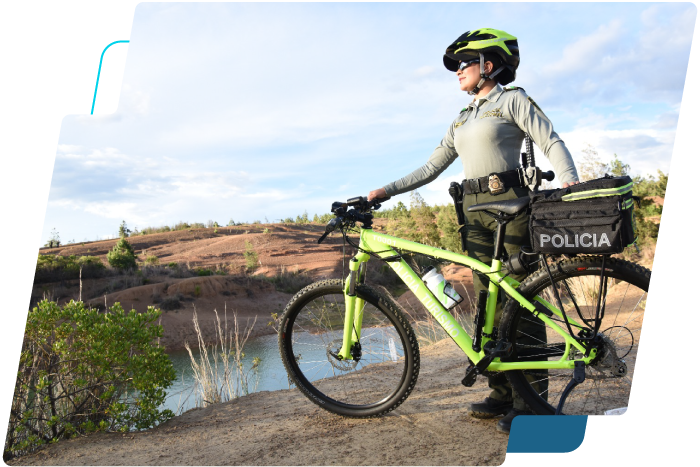
Asking and Giving Information Using Reported Speech
When travelers need information, the way they ask can influence the answer they receive. Likewise, providing information clearly and politely makes the interaction smoother and more helpful. Here are key strategies for both situations.
Click on each icon to view the content.
Reporting a Direct Question
When we report a question, we change the structure and verb tense:
- "Where is the tourist assistance center?" → They asked where the tourist assistance center was.
- "Can you tell me if it’s safe to walk around at night?" → They asked if it was safe to walk around at night.
At the conference, Major Tejedor might have said:
- "The couple had asked whether it was safe to walk at night in Santa Marta."
Reporting an Indirect Question
For indirect questions, we also adjust the verb tense:
- "Could you explain how the security system works?" → They requested an explanation on how the security system worked.
- "Would you mind telling me where the safest hotels are?" → They wanted to know where the safest hotels were.
The major might have shared:
- "They had asked how the officers ensured safety in tourist areas."
Reporting Information Given by Authorities
When reporting answers or statements, we also modify the tense:
- "The police patrol the beach 24/7." → The officer explained that the police patrolled the beach 24/7.
- "There are emergency contact points every 500 meters." → They mentioned that there were emergency contact points every 500 meters.
At the conference, Major Tejedor might have summarized:
- "The officers had informed them that emergency contact points were available every few meters."
Reporting Recommendations
When giving advice, we adjust modal verbs accordingly:
- "You should avoid isolated areas at night." → They advised them to avoid isolated areas at night.
- "It would be best to keep your valuables in a hotel safe." → They suggested keeping valuables in a hotel safe.
At the conference, Major Tejedor might have noted:
- "The police had advised the tourists to keep their valuables secure."
Reporting Confirmations
Sometimes, we need to report that someone confirmed information:
- "Yes, the information desk is open until midnight." → The officer confirmed that the information desk was open until midnight.
- "No, there haven’t been any security issues recently." → They reassured them that there hadn’t been any security issues recently.
At the conference, Major Tejedor might have emphasized:
- "The police had reassured the tourists that the area had been safe for years."
Reporting Personal Opinions
When sharing opinions, we also adjust the structure:
- "I think this is one of the safest places I’ve visited." → They mentioned that they thought it was one of the safest places they had visited.
- "We believe that the local security measures are very effective." → They stated that they believed the local security measures were very effective.
At the conference, Major Tejedor might have concluded:
- "They had expressed that their perception of Colombia had changed completely."
Advanced Strategies for Asking and Giving Information
At an advanced level of English, asking and giving information is not just about forming grammatically correct questions and answers—it’s about ensuring clarity, efficiency, and politeness. In professional and formal contexts, the way we phrase a request or provide details can impact the quality of communication.
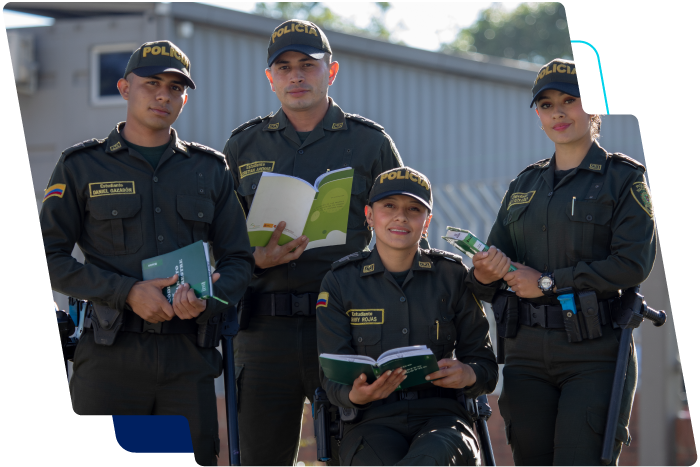
Did You Know?
Did you know that expressing gratitude can create long-term emotional connections? Studies show that when people feel appreciated, they are more likely to develop positive perceptions and share their experiences with others. In the context of tourism, a single act of kindness—such as offering safety information in a visitor’s language—can turn into a powerful testimonial that attracts more travelers. Major Tejedor’s speech at the conference was a perfect example of this effect. The Canadian couple’s words of appreciation did not just reflect their own experience; they helped shape the image of Colombia as a welcoming destination.
Advanced Listening Practice
In the first two conversations, how did the officers and staff ensure clarity and a welcoming tone while providing information?
In Major Tejedor’s reflection, why does he emphasize that information is as important as security patrols? How does this connect to the role of gratitude in tourism?
Audio 1
Audio 2
Audio 3
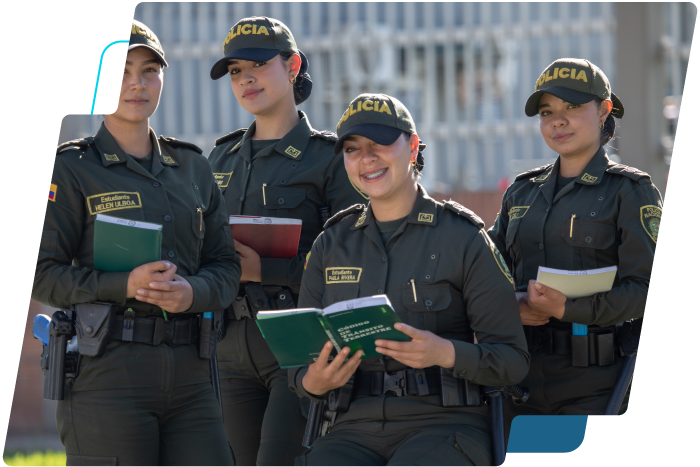
Conclusion
Tourism is not just about visiting new places—it’s about feeling safe, informed, and welcomed. Through this presentation, we explored how expressing gratitude and effectively asking for and giving information contribute to a positive travel experience. The case of the Canadian tourists in Santa Marta demonstrated how security efforts go beyond patrols; they involve human connection and clear communication.
By mastering advanced expressions of gratitude and reported speech, we refine our ability to communicate professionally. Whether in tourism, business, or everyday interactions, clear and polite exchanges shape perceptions and strengthen trust. Effective communication always leaves a lasting impact.
